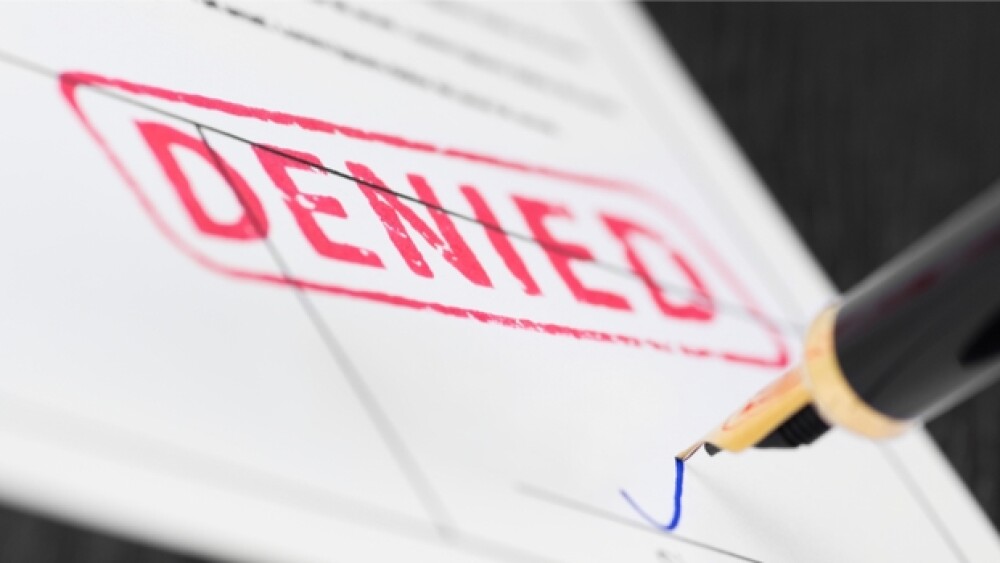The vote to offer a booster to those 65 and older, as well as immunocompromised individuals at high risk of developing severe COVID-19, was a unanimous “yea” at 18-0.
After weeks of debate, and nearly one month to the day since President Biden announced a plan to offer COVID-19 booster shots to the entire adult population beginning the week of September 20, an advisory panel to the U.S. Food and Drug Administration voted against it.
Following seven hours of deliberation on Friday, members of the Vaccines and Related Biological Products Advisory Committee voted 16 to 2 to deny a proposal that would have seen a third dose of the Pfizer-BioNTech vaccine offered to all Americans 16 and older eight months after their second one. The vote to offer a booster to those 65 and older, as well as immunocompromised individuals at high risk of developing severe COVID-19, was a unanimous “yea” at 18-0.
In its presentation to the FDA, Pfizer planned to make the argument for its booster shot based on data from both the U.S. and Israel that show the efficacy of the vaccine drops over time and that the decrease has more to do with waning immunity than the prevalence of the more contagious Delta variant.
The independent panel didn’t buy it.
The vaccine “may eventually be indicated for the general population, I just don’t think we’re there yet,” said Dr. Ofer Levy, director of the Precision Vaccines Program at Boston Children’s Hospital.
The main sticking points appeared to be the lack of conclusive evidence for a third dose in the still-emerging real-time situation and a lack of safety data for boosters, particularly 16 and 17-year-olds. Dr. Archana Chatterjee, a pediatric infectious disease specialist at Rosalind Franklin University, noted that there is no data on the safety for this population at all.
“I think this should demonstrate to the public that the members of this committee are independent of the FDA,” Chatterjee added.
While the FDA is not obliged to listen to the recommendations of its advisory panels, that is the common practice. Providing this instance follows suit, it would make it difficult for the Biden administration to follow through on the implementation of the original plan beginning this week.
Besides Pfizer, which had applied for FDA approval to offer its booster to people 16 and older, the decision also impacts Moderna. The mRNA leader, which submitted for full approval of its vaccine at the end of August, has also applied to market boosters in the U.S. to those 18 and older.
On September 15, Moderna presented new data from a large clinical trial of its COVID-19 vaccine showing that the protection it offers wanes over time.
“This is only one estimate, but we do believe this means as you look toward the fall and winter, at minimum we expect the estimated impact of waning immunity would be 600,000 additional cases of COVID-19,” Moderna President Stephen Hoge told investors on a conference call.
Dr. Peter Marks, director of the FDA’s Center for Biologics Evaluation and Research, represented one of the two dissenting votes.
“It’s no secret here that there is still debate over the need for an additional Covid-19 vaccine at this phase of the pandemic,” he said. “But the emerging evidence such as that from our Israeli colleagues is very helpful. We also know that breakthrough infections, including some that are severe, are occurring in the United States.”
Those who received the Moderna and Johnson & Johnson vaccines reportedly will not have to wait long to receive guidance on boosters as the president’s chief medical advisor Dr. Anthony Fauci said data is just weeks away.
“The actual data that we’ll get (on) that third shot for the Moderna and second shot for the J&J is literally a couple to a few weeks away,” Fauci said Sunday on NBC’s “Meet the Press.”
The Biden administration’s push to recommend boosters ahead of input from the FDA or Centers for Disease Control caused political fallout almost immediately as two senior officials, Dr. Marion Gruber, director of the FDA’s Office of Vaccines Research and Review OVRR Deputy Director Dr. Philip Krause, announced their plans to leave the agency within the next three months. World Health Organization Director-General Dr. Tedros Adhanom Ghebreyesus has consistently rebuked countries for moving ahead with vaccine booster plans despite billions of people across the globe lacking access to a single dose.
Biden will look to address that criticism on Wednesday when he hosts a virtual summit as part of the United Nationals General Assembly in New York. The president plans to propose a target of fully vaccinating 70% of the world by September 2022.
Featured Jobs on BioSpace






